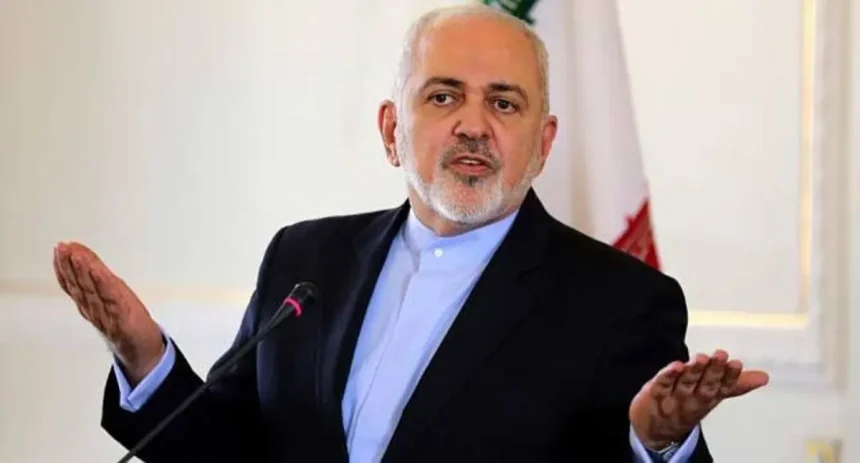Iran’s Vice-President, Mohammed Javad Zarif, has resigned from President Massud Pezeshkian’s cabinet just 11 days after his appointment, marking a significant political crisis for the newly inaugurated government.
Expressing dissatisfaction with his role, Zarif announced his resignation via his X platform, stating, “I am not satisfied with my work and regret that I have not been able to fulfill expectations.” The moderate politician hinted that disagreements over the selection of ministers for Pezeshkian’s new cabinet were central to his decision.

According to Zarif, at least seven out of the 19 ministers nominated were not his preferred choices, leading to tensions within the administration. This resignation follows another significant challenge for Pezeshkian, who faced backlash after the killing of Palestinian militant Hamas leader Ismail Haniyeh in Tehran shortly after taking office at the end of July.
READ ALSO: Helicopter carrying Iran’s President crashes
Related Posts:
- Tinubu to Reshuffle Cabinet, Urges Ministers to…
- Tinubu Sacks Five Ministers, Reassigns Ten, &…
- Tinubu Reactivates Presidential Projects Delivery Tracker
- Meet Flo Eshalomi, the 45-Year-Old Newly Appointed…
- Kenyan President William Ruto Dismisses Cabinet Amid…
- Tension Peaks in FCTA as Controversy Surrounds New…
Zarif had been a key figure in Pezeshkian’s presidential election campaign, playing a crucial role in his victory due to his popularity. After the election, Zarif, along with a team of experts, was tasked with compiling a list of candidates for government positions who would carry out the promised reforms. However, the list presented by Pezeshkian on Sunday reportedly diverged from the planned reforms, leading to speculation that Iran’s hardline arch-conservative faction had imposed some ministerial selections.
READ ALSO: Tinubu Appoints 560 New Leaders for Federal Tertiary Institutions
Zarif’s resignation is seen as a major setback for Pezeshkian, particularly concerning the implementation of his new foreign policy direction. As Iran’s chief diplomat from 2013 to 2021, Zarif was instrumental in negotiating the 2015 international nuclear agreement with six world powers. Pezeshkian had hoped that with Zarif’s leadership and a new team of diplomats, the stalled nuclear negotiations could be resumed, potentially leading to the lifting of sanctions that have severely impacted Iran’s economy.
This unexpected resignation leaves President Pezeshkian’s government in a precarious position as it navigates its early days in office amid internal strife and external pressures



